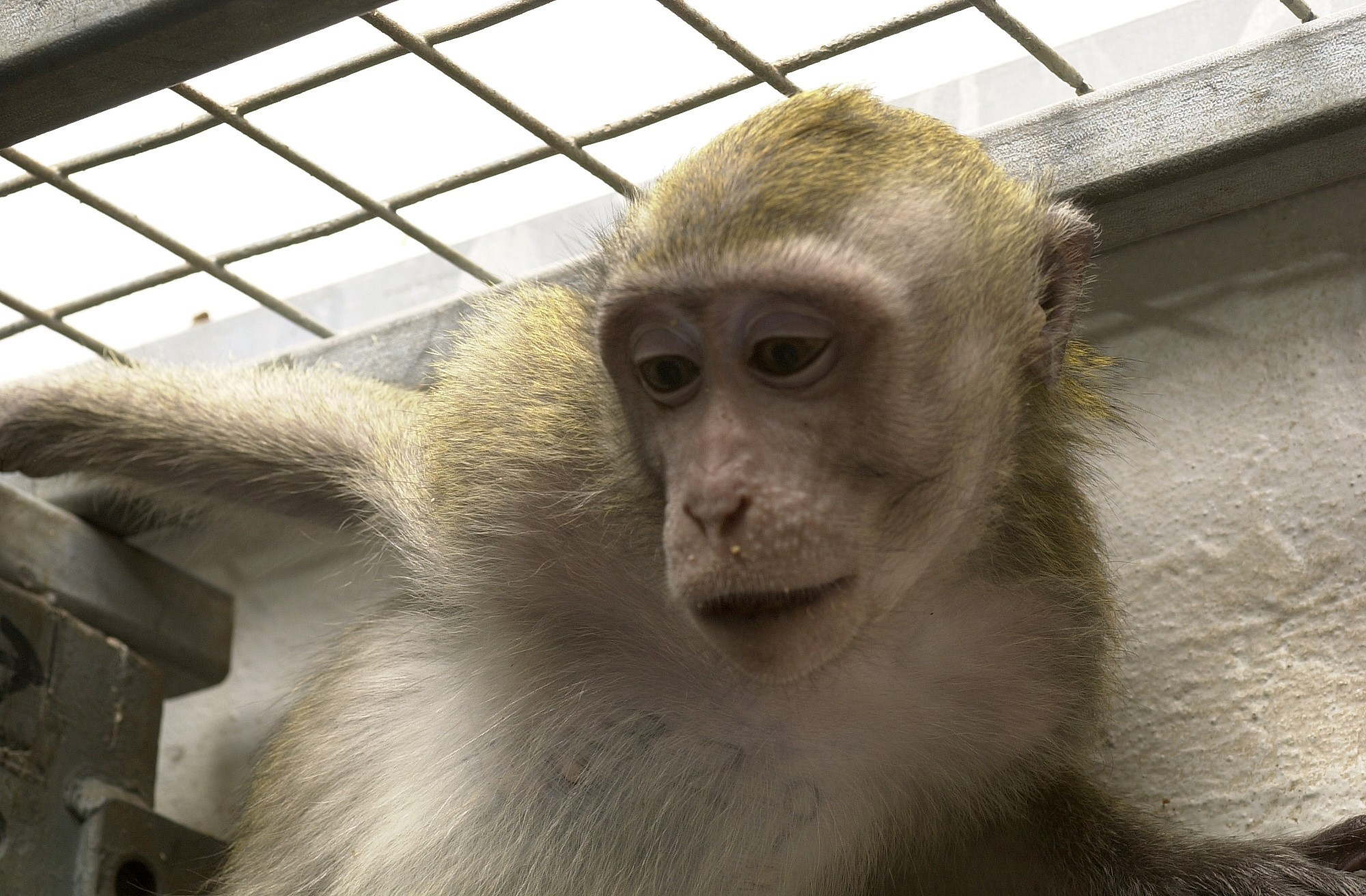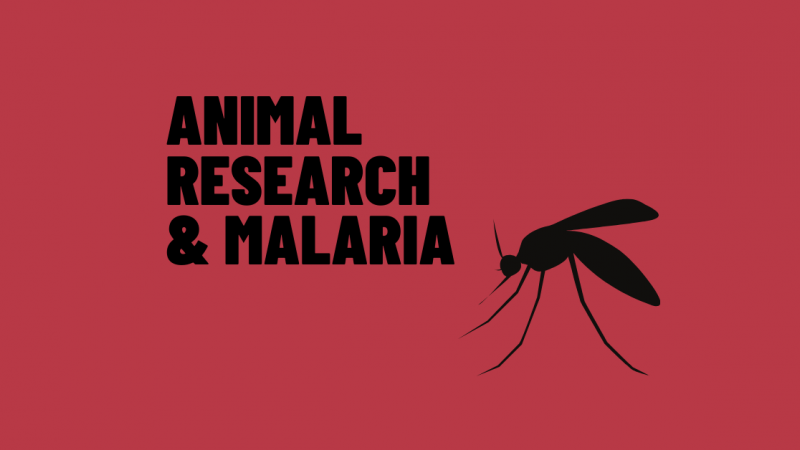 Monkeys infected with malaria are providing a reservoir of the disease from which humans can be infected.
Monkeys infected with malaria are providing a reservoir of the disease from which humans can be infected.
The malaria strain, called Plasmodium knowlesi, is the most recently identified of five malaria strains known to infect humans. The study found that the infection is passed to humans from infected monkeys but is not transmitted from person to person.
Researchers took blood sampled from 108 wild macaques in different locations across Malaysian Borneo. They found four fifths of the monkeys were infected with the P knowlesi species of malaria parasite.
Researchers then compared the molecular identity of the malaria parasites in monkeys to humans infected with same strain. From this they traced the evolutionary history of the parasite. They found the P. knowlesi species of malaria was predominantly transmitted between monkeys, rather than between monkeys and humans.
Though widespread in humans, the malaria species has not yet adapted to humans and monkeys still provide the reservoir from which humans are infected.
However, scientists caution that changes in the ecosystem, resulting from deforestation and an increasing human population, could change this and humans could become the preferred host for the malaria strain.
Read more about animal research and malaria here.
Last edited: 29 July 2022 10:13



